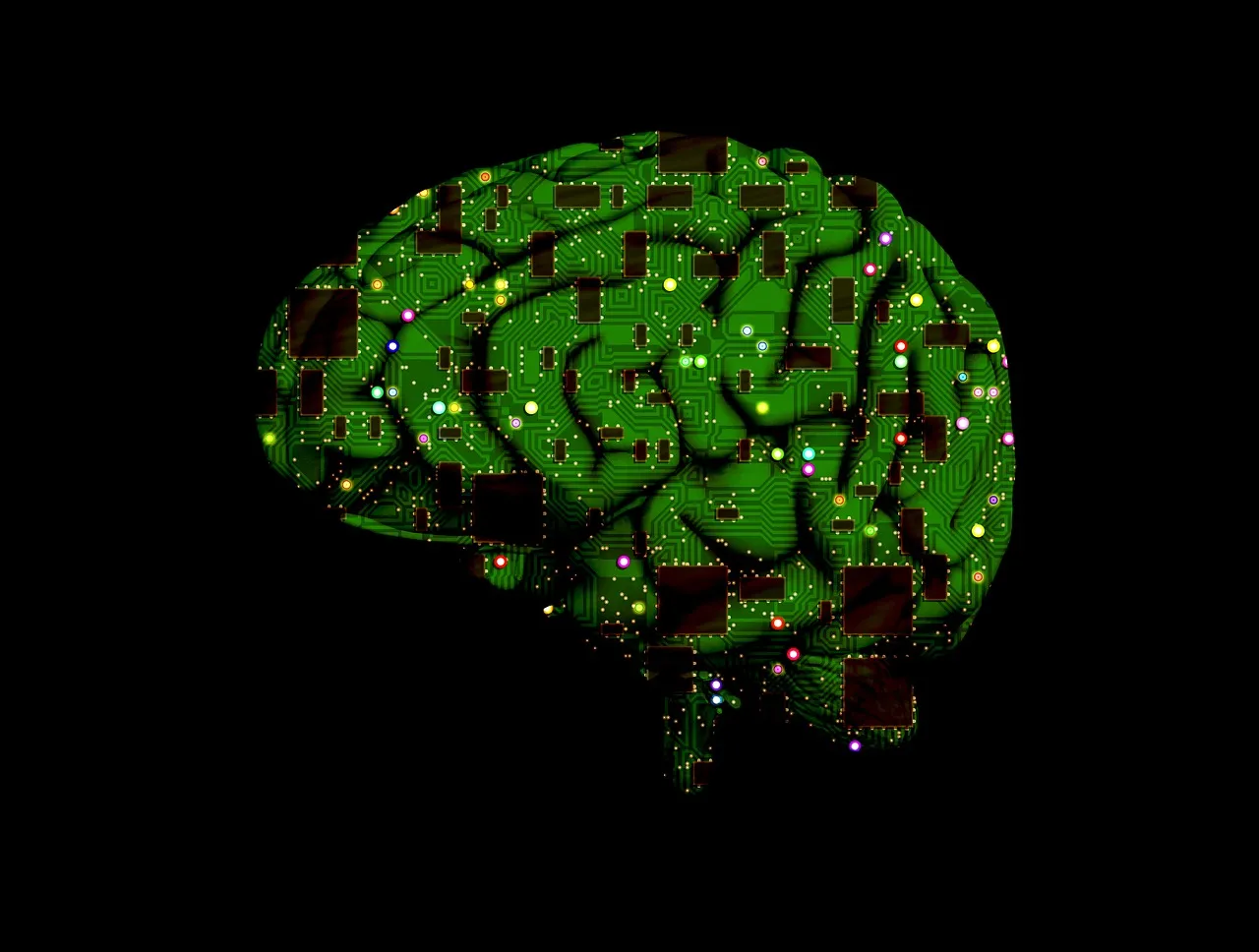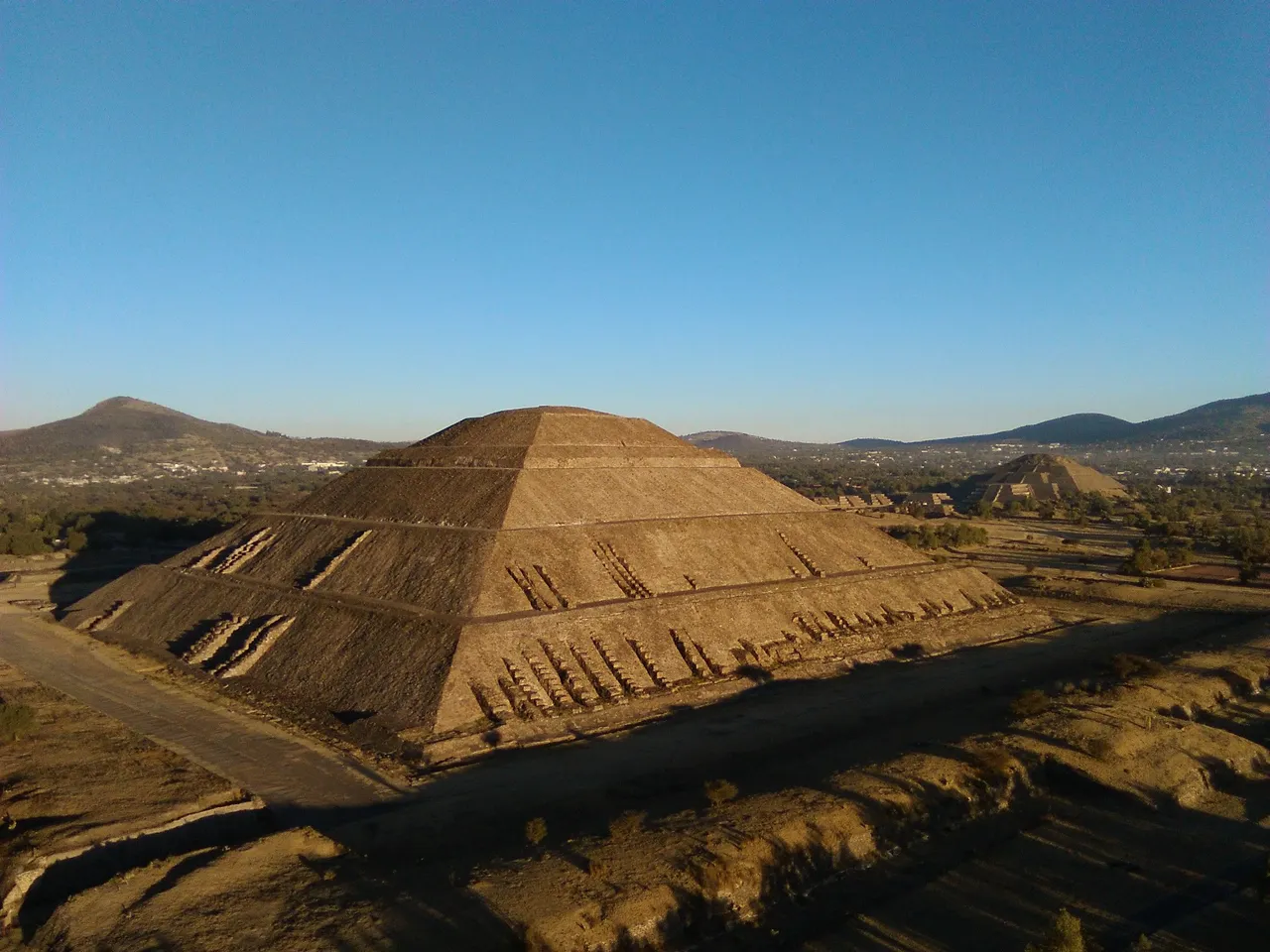The idea of Digital Inmortality has been around for several years. This kind of inmortality differs from what we use to think about inmortality in general, more related to the biological capability of avoiding aging and death (an idea that has fascinated humans since the origin of civilization, being a fundamental aspect in religion, philosophy, medicine, etc).

The most accepted definition of Digital Inmortality is the ability to transfer (or at least to store) a person’s personality into more durable media –for example a computer- allowing it to communicate with people in the future. But, this concept can be analyzed from many points of view: would it be a backup of our brain? How would be uploaded the information? Should we “feeding” a machine during our lifetime with our memories, beliefs and experiences, or will scientists have the capacity of downloading our mind with sophisticated interfaces?
You can find on the web tons of information regarding this matter: improvements in nanotechnology, 3D printing, neuroscience, brain-computer interfaces (BCI), artificial intelligence (AI), Machine Learning, quantum computing, etc. Also diverse projects with different approaches like the Blue Brain Project, the 2045 Iniciative of Dmitri Itskov, the Digital Inmortality Institute, the Carbon Project Copy, the Silicon Valley startup Eterni.me, the social network Eter9, and so on. Not to mention the powerful concept of Singularity (technology surpassing brainpower), a sort of Moore Law on steroids, or the contributions of Ray Kurzweil, inventor, futurist and director of engineering of Google.
(Here a pic I took about some ancient technologies to achieve inmortality :)

We all can witness the big debate in scientific, technological, futurologist, philosophical and religious communities regarding this topic and all the possible implications (we can also generate a good debate in this post!). But, what I would like to point out in this opportunity is that, regardless DI would be technically possible or even ethically correct, we are as individuals already taking steps (many of us unconsciously) into becoming “candidates” to have an inmortal version of ourselves, even unsolicited.
With every like in Facebook, retweet on Twitter, pic of our lunch or pet in Instagram, song in YouTube, search in Google or purchase in Amazon (just to name a few examples), we are telling the Internet what we like or dislike, which are our interests, hobbies and opinions. This is not a secret at all and we can see how that information is used in our favor -ie. in personalized ads- or in some cases against us (remember fake news?). We have been using social networks for at least this decade, but how will be to deal with 30, 40 or 50 years of interactions? How can that huge amount of information be used? Who owns our digital identity?
We have the individual responsibility of thinking about our future as world wide web users, as in many other applications like social networks. Maybe blockchain can help to overcome this centralized architecture of big entities owning our data, or maybe blockchain could be an additional issue to take care of.
I hope you enjoy this reading and… your inmortal contributions into the blockchain that contains this post are welcome! :)